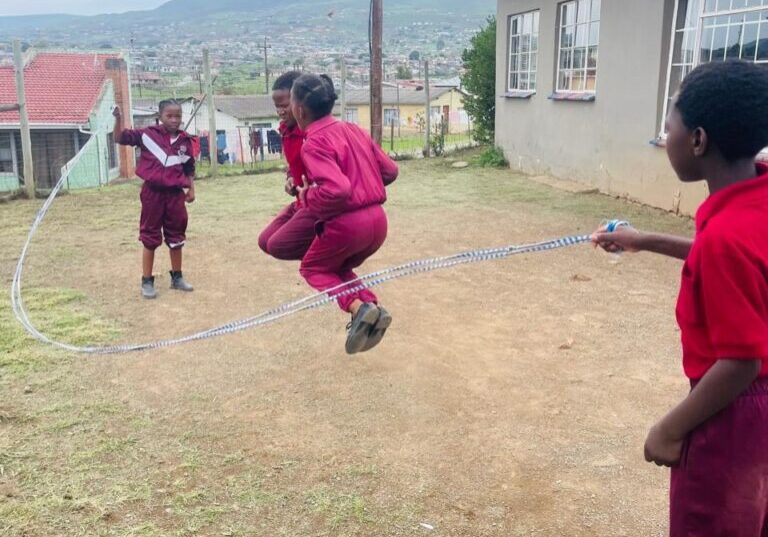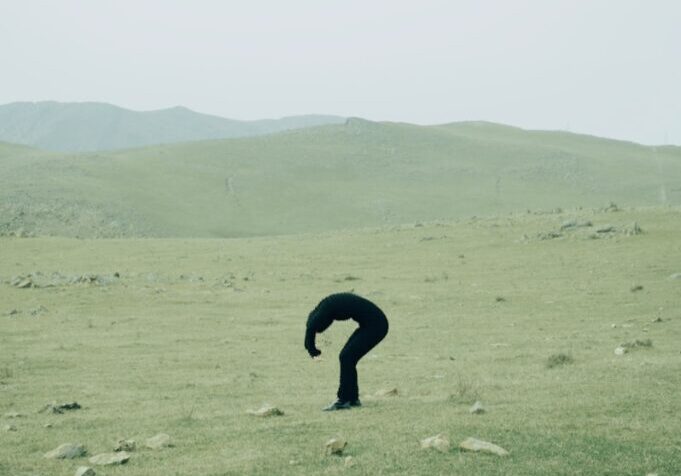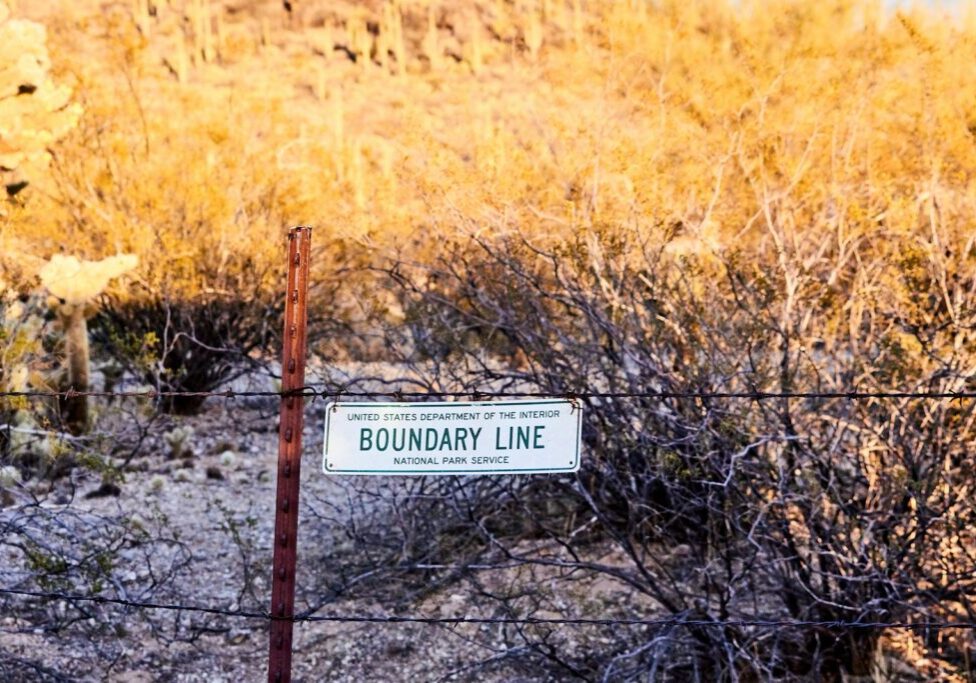
Back to school
Some of us have been waiting for some time…but maybe, possibly, schools will be opening up soon. There is still a lot of uncertainty. However, I think this is an opportunity to start to prepare yourself and your child to return to school. Even if it is a bit of a drawn out preparation in some cases!
Start with what you know
Part of the preparation is talking about the uncertainty of the situation. If you know the facts of the return, talk through those facts with your child. Tell them what has been communicated and what you know for sure from the school. Be honest about when the details are not yet certain.
Some schools may simply not be organised or communicate so well with parents. This can be incredibly frustrating. Try to find a space away from your child to voice your (more aggressive) frustrations. Being loaded with your negative perceptions of their school/teacher/Principal will cloud your child’s view of their return to school and may even make them feel unsafe about returning.
If you do voice your frustration in front of your child, then also try to model to them how you are dealing with your frustration and what options you are trying to explore. It is ok to say “I’m feeling quite frustrated that I don’t know when you are going back to school because it makes it hard to plan. I really would like to know and I think you would too. Today, I am feeling so frustrated I am needing to take some deep breaths to calm down. Want to try it with me?”
Listen
Some questions may help to process feelings about returning to school. Ask one question at a time. Take your lead from what your child says. Listen to what is uppermost in their minds.
What are you missing most about school?
When you get back to school, what are you expecting?
What do you think will be different? What do you think will be the same?
What will you miss about being at home?
Ask your child what some of their worries about returning to school are. Again, simply listen, some of their worries may seem trivial, but if they have shared them with you then they are very real. Some worries could be alleviated with good information. Others may be related to distress they’re experiencing at all the changes and uncertainty.
Practicalities
Work through some of the protective measures schools will have to take. For example, everyone at school will be required to wear masks all day. This will be hard for some kids. On a practical level, work with your child to find masks that are comfortable for them. It will be really hard to work if they’re experiencing discomfort because the elastic over their ears is too tight. Explore the regulations with the school about options such as wearing a buff instead of a mask.
Teachers will also have to wear masks, some may even wear face shields in order to be heard a little better. Younger children especially may have to be introduced to the concept of a face shield and get used to what it looks like. Their teacher has not turned into an alien!
It may help to talk about the fact that everyone is required to wear a mask, it may feel funny or even silly at first, but it’s something we all need to do to protect one another and prevent the spread of the virus.
Physical distancing between children will be required. This may be one of the hardest parts of returning to school and being reunited with friends, more especially for younger children. Speak to your child’s teacher about what plans they have in place for physical distancing in the classroom and during break times. Help your child to process their experiences and feelings about the physical distancing once school starts.
Prepare your child where certain activities they love may not be happening. For example, contact sports. This aspect has been and will continue to be a huge gap for many children. Talk through what the school has planned instead, if you know. Ask them for their ideas of what they could do instead.
You’ve already adapted!
Take stock of all the ways you and your child have adapted through this time. Make a list of these together. Point out to your child their strengths, their coping and all the things you’re proud of them for during this time. Use this as a starting place for their coping with the return to school.
Tell them you believe in them, they can do this, but reassure them that you are there for them. Keep communicating your love and support in different ways.
Keep Listening
After the school returns, ask them what really was different and what was the same.
Was it kind of like they expected or not?
In the beginning, it may feel like everyone has just started at a new school again! Treat it as such, if you need to. This is a strange, new way of being and we all need time, compassion and guidance to adapt.
Whether you are about to send your child back to school or keep them at home, strength to you for this time.









